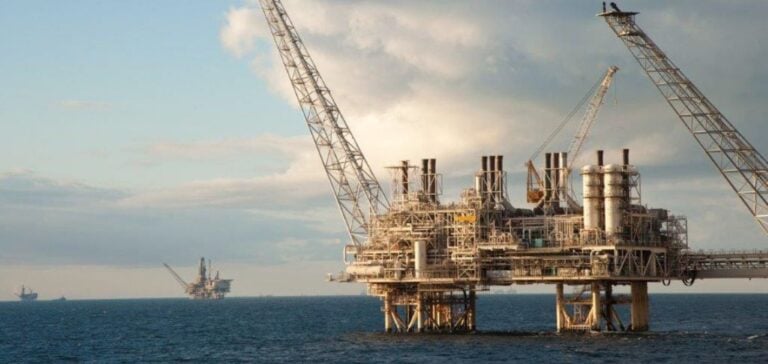BP, a major player in the energy sector, recently announced that the ramp-up of its new Azeri Central East (ACE) oil facility in Azerbaijan will take around two years. The platform, inaugurated in April and representing an investment of $6 billion, is the first major facility added to the Azeri Chirag Gunashli (ACG) complex in a decade. The ACG complex is crucial to Azerbaijan’s oil production, marketed under the Azeri Light brand. This project is part of a growing demand for offshore platforms, essential for the future of the oil industry. At the Baku Energy Forum, BP Senior Vice President Gordon Birrell emphasized that the ACE project is highly automated and controlled from land, embodying “the platform of the future”. Currently, one well is in production and two more are scheduled to come on stream this year, bringing the platform’s production to 24,000 barrels per day (b/d) by the end of the year.
Development prospects and focus on Maximum Recovery
Asked about possible future projects, Birrell did not rule out this option, although the main focus remains the ACE platform. BP’s current strategy includes drilling new wells and improving recovery techniques to maximize production from the field. This approach will probably require the construction of new facilities in the long term. The ACE platform also marks a change in drilling strategy, targeting a shallower, less prolific formation known as Balakhany, with greater provision for gas and water injection to maximize production.
Exploration of New Gas Beds and Condensate Production
BP is also evaluating the results of drilling in 2023 to test deep gas layers beneath the ACG complex. However, Birrell did not specify whether potential development of these resources would require a new production sharing agreement or would be included in the current agreement, extended in 2017. At the same time, BP is concentrating on maintaining maximum production at the Shah Deniz gas complex, which supplies gas to Europe and produces significant volumes of condensate, which is integrated into Azeri Light production. Condensate production held steady at 99,000 b/d in the first quarter. The future of oil production in Azerbaijan depends largely on the success of the ACE project and BP’s initiatives to maximize the recovery of existing resources. Prospects for new gas strata and continued condensate production from Shah Deniz add a crucial dimension to BP’s energy strategy in the region. Future decisions on new projects and production sharing agreements will determine Azerbaijan’s ability to maintain its position in the global energy market.






















